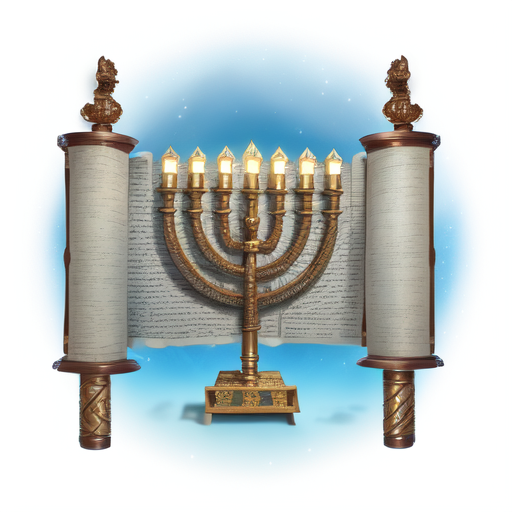Matthew 5:17–20 (CJB)
17 “Don’t think that I have come to abolish the Torah or the Prophets. I have come not to abolish but to complete. 18 Yes indeed! I tell you that until heaven and earth pass away, not so much as a yud or a stroke will pass from the Torah—not until everything that must happen has happened. 19 So whoever disobeys the least of these mitzvot and teaches others to do so will be called the least in the Kingdom of Heaven. But whoever obeys them and so teaches will be called great in the Kingdom of Heaven. 20 For I tell you that unless your righteousness is far greater than that of the Torah-teachers and P’rushim, you will certainly not enter the Kingdom of Heaven!”
5:17 “Don’t think that I have come to abolish the Torah or the Prophets.” While Yeshua kept the Torah perfectly and fulfilled the prophets’ predictions, that is not the point here. Yeshua did not come to abolish but “to make full” (plerosai) the meaning of what the Torah says and the ethical demands God, through the prophets, requires. Yeshua(Jesus) came to complete our understanding of the Torah and the prophets. Regardless of the assertion of many, Yeshua and the Good News have not annulled the Torah (Law).
5:18 “Yes indeed!” Except at the end of prayers, “Yes indeed” and “Yes” are used here to render the Greek amên (the transliteration of the Hebrew’ amen). The Hebrew root ‘-m-n means “truth, faithfulness,” which is why the Hebrew word ‘amen means that “it is true, so be it, may it become true,” and it is always used in reference to something previously stated. Yud is the smallest letter of the Hebrew alef-bet and is used here to render Greek iota, the smallest letter in the Greek alphabet.
5:19 “Whoever disobeys the least of these Mitzvot.” Mitzvot (singular mitzvah) are the commandments. The Torah has six hundred thirteen mitzvot (both positive and negative commands).
These verses provide crucial insight into Yeshua’s (Jesus’s) understanding of the Torah and its real meaning and purpose. Here he is not canceling the Torah; instead, he is stating that he came to interpret it correctly. Romans 10:4 is misinterpreted by many, making Yeshua’s words in Matthew 5 challenging to understand. Some teach that his use of the word telos, often translated as “fulfill,” means that his life, or perhaps his death, meant the termination or end of the law. Yet as David Stern notes, “An error made by all major English versions and by most commentators—and one with profound anti-Semitic implications even when none are intended—is the rendering of the Greek word telos as “end” in the sense of termination” (Jewish New Testament Commentary 395). Yet telos is used forty-two times in the New Testament, but only five times (Matt. 3:26; Luke 1:33; 2 Cor. 3:3; Heb. 7:3; 1 Pet. 4:7) is it translated as “finish,” “cessation,” or “termination.” In all other cases (including Rom. 10:4), telos is understood as “outcome,” “result,” or “consummation.”
Moreover, the statement that Yeshua did not come to abolish the Torah(law) is a first-century rabbinic idiom. To “abolish” the Torah meant to misinterpret it, not cancel it. Second, Yeshua’s expression to “complete” the Torah means that he came to teach it correctly. “Yeshua is here stating that it is not his intention to teach the Torah incorrectly, but quite the opposite, to affirm its fullness and truth by teaching all of it in a way that is true to its intended meaning” (Friedman, “Jewish Idioms in the New Testament”).
In defense of this idiomatic usage in Matthew 5:17–20, Shabbat 116b states, “I have come not to take from the Torah of Moses [Moshe], but on the contrary; I have come to add to it.” Yeshua’s intent by reinforcing a correct understanding of the Torah was to establish Torah’s whole and intended meaning so that his disciples and, in turn, us would know how to follow God.

